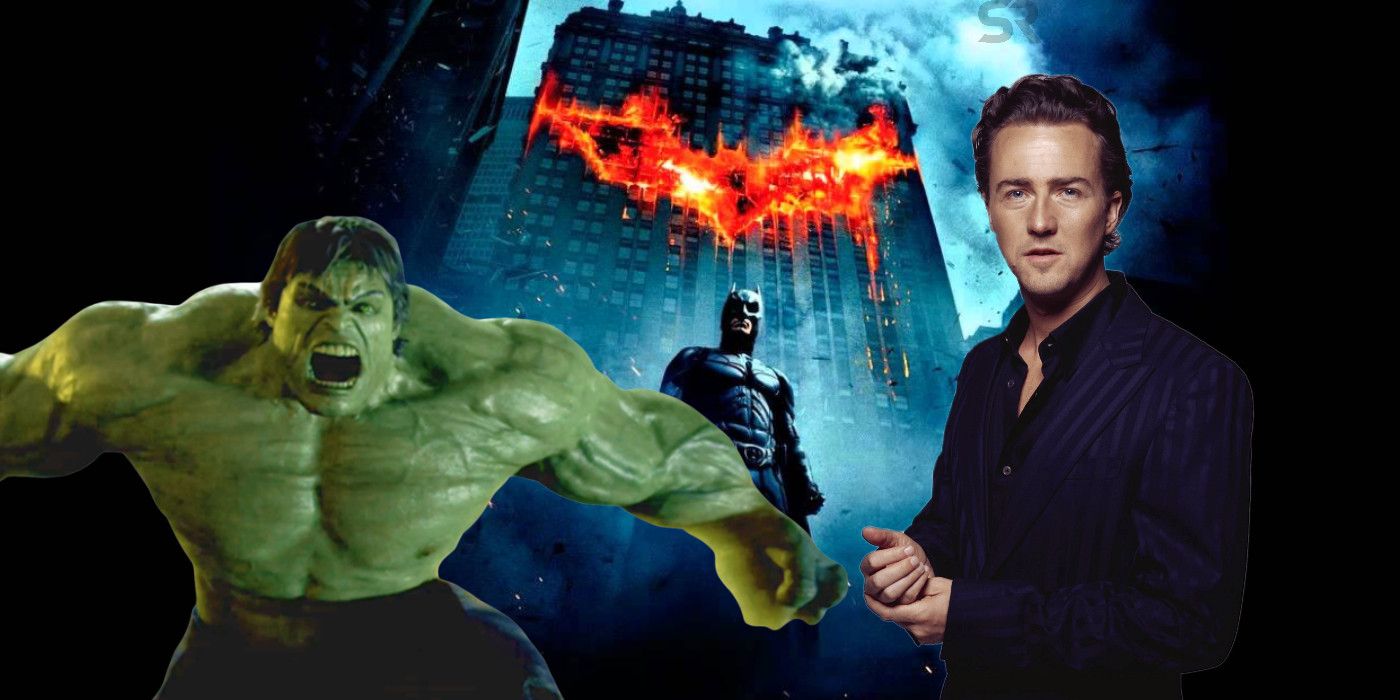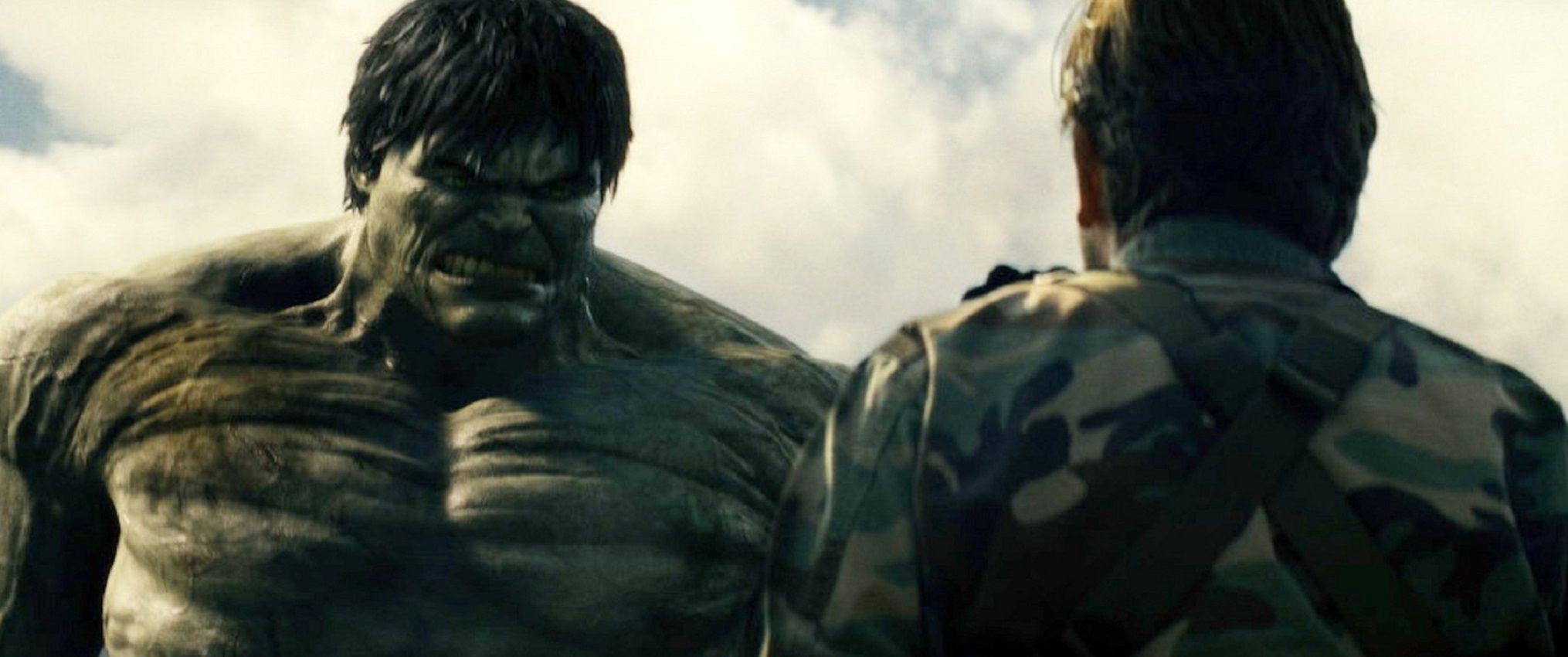Edward Norton has opened up regarding his original plans for Hulk, which would have encompassed both The Incredible Hulk and a follow-up film. Created by Stan Lee and Jack Kirby, Bruce Banner made his comic book debut in 1962's The Incredible Hulk #1. Inspired by the popularity of Fantastic Four's The Thing, Lee and Kirby drew inspiration from such characters as Frankenstein's Monster, as well as Doctor Jekyll and Mr. Hyde. Proving immensely popular, the character became one of the most iconic and enduring in pop culture. As such, he's been adapted multiple times for the screen. The first version came via the late-1970s/early-1980s TV show starring Bill Bixby and Lou Ferrigno. The show ran for five seasons before being axed. Despite the cancellation, the adaptation was followed up by three made-for-TV movies.
Directed by Ang Lee, the character made it to the big screen in 2003. Starring Eric Bana in the titular role, the film received occasionally positive though mostly average reviews and slumped at the box office. Rather than pursuing a sequel, the character was rebooted as part of the then-fledgling Marvel Cinematic Universe in 2008. Norton signed on for the lead role, alongside Liv Tyler, Tim Roth, and William Hurt as General Thaddeus "Thunderbolt" Ross. Though the reviews were only generally positive, Norton was mostly praised for his performance. Despite that, he opted not to return for future outings. He was ultimately replaced by Mark Ruffalo - who debuted as the character in The Avengers and was most recently seen in Avengers: Endgame.
In an interview with the New York Times, Norton discussed at length multiple projects, including American History X and Fight Club. The acclaimed actor also delved into whether certain classic films could work in the modern age, companies like Uber, and the public's perception of him due to how he's reported to operate behind the scenes. While exploring the latter subject, Norton was asked whether working on The Incredible Hulk was bound to result in some friction. Here's his full response, within which Norton lays out his original vision:
"Well, no. I loved the "Hulk" comics. I believed they were very mythic. And what Chris Nolan had done with Batman was going down a path that I aligned with: long, dark, and serious. If there was ever a thing that I thought had that in it, it was the Hulk. It's literally the Promethean myth. I laid out a two-film thing: The origin and then the idea of Hulk as the conscious dreamer, the guy who can handle the trip. And they were like, "That's what we want!" As it turned out, that wasn't what they wanted."
Norton was obviously referring to Nolan's acclaimed trilogy that included The Dark Knight and is hailed to this day as one of the greatest comic book adaptations of all time. Despite everything that unfolded, the acclaimed actor refused to engage in judgment or bitterness. "I had a great time doing it. I got on great with Kevin Feige." He went on to reveal that there had been positive discussions about carrying on but the amount of time required was a main factor in stepping away. He also praised what Feige had managed to achieve while simultaneously being proud of the other work he himself had instead moved on to do.
There will no doubt by many who'll now lament what could've been, had Norton's darker and more intense vision been realized, even without specific plot details. Equally, there will be just as many who are glad that it was avoided, allowing Ruffalo to ultimately shine in such lighter outings as Thor: Ragnarok. Norton can next be seen realizing his vision via Motherless Brooklyn - a 1950s noir tale written and directed by Norton. He'll also star in the film, playing a Tourette's Syndrome afflicted private detective who attempts to solve the murder of his mentor. The film's first trailer was released in August. What the future holds for Hulk in Phase 4 and beyond, however, remains to be seen.
Source: New York Times








